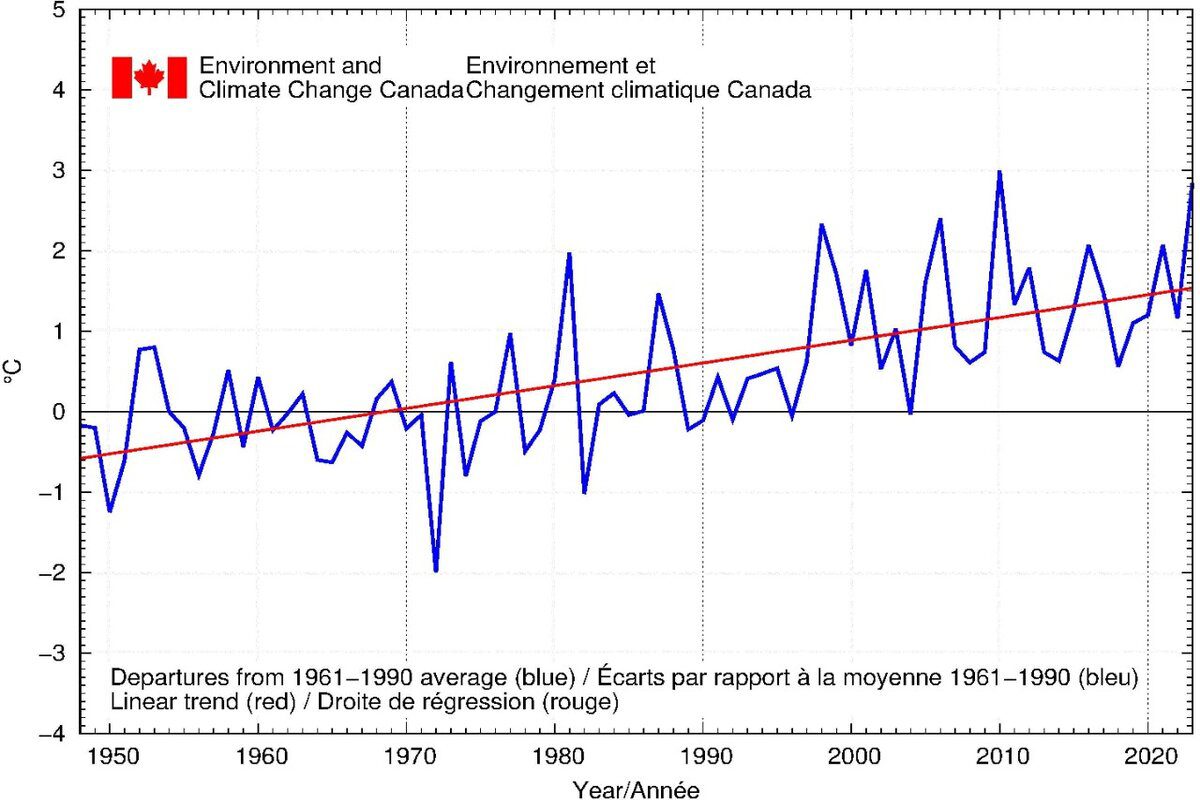How climate change might be slowing Canadian runners down
As Canada continues to heat up, studies show that runners' cardiovascular endurance is at risk
 Photo by:
Philip Ackermann
Photo by:
Philip Ackermann
We know running is good for our physical health, but as climate change progresses, new studies reveal how runners’ finishing times might be suffering the consequences. Today, Canada is ranked the most polluted country in North America, with temperatures steadily increasing since the 1950s. In light of Earth Day, a recent study looked at runners’ cardiovascular health and found that exposure to short- and long-term air pollutants and warmer temperatures can actually slow runners down due to their impacts on cardiovascular endurance.

What is cardiovascular endurance?
Cardiovascular endurance is how well the heart and lungs can supply the oxygen you need while exercising at medium to high intensity. In other words, your endurance and pace will likely dive if you have poor cardiovascular health. If you have good cardiovascular endurance, you can exercise at medium intensity for a long time before becoming fatigued. For runners, cardiovascular endurance is crucial for success.
The findings
The researchers examined results from a retrospective review of elite runners. They found that, three weeks after exposure to polluted air, typical 5-km race times slowed by 12.8 seconds.
Extreme heat was also found to be a particular threat to runner speeds (and athletes in general). When a runner is exposed to heat, blood flow to the skin increases to cool the body. With extreme heat exposure, the body suffers from increased heart rate, swelling and redness and receives mismatched signals about its oxygen supply and demand.
At the end of the study, the researchers determined that more testing needs to be done to evaluate the impacts on athletes with pre-existing cardiovascular disease and high environmental exposure levels. In the meantime, they suggest runners stick to exercising in the morning when temperatures are cooler and ozone is at ground level. (This might still be dangerous because when the ozone is lower in the atmosphere, it produces harmful pollutants, including smog.)
What does this mean for Canadian runners?
With weather trends predicting record-breaking temperatures from May through July 2024 across western Canada, many wonder what the long-term impacts will be on runners.
While more research is needed to fully understand the effects of Canada’s changing climate on runner speeds, this study serves as a wake-up call. It’s clear that as runners, we need to start prioritizing our cardiovascular health. In today’s climate, where inhaling wildfire smoke and greenhouse gas emissions is becoming a reality of our sport, we must take steps to protect our health and performance.

